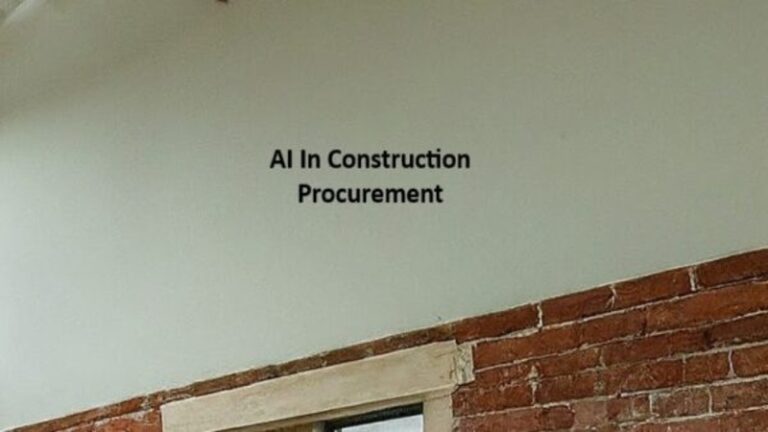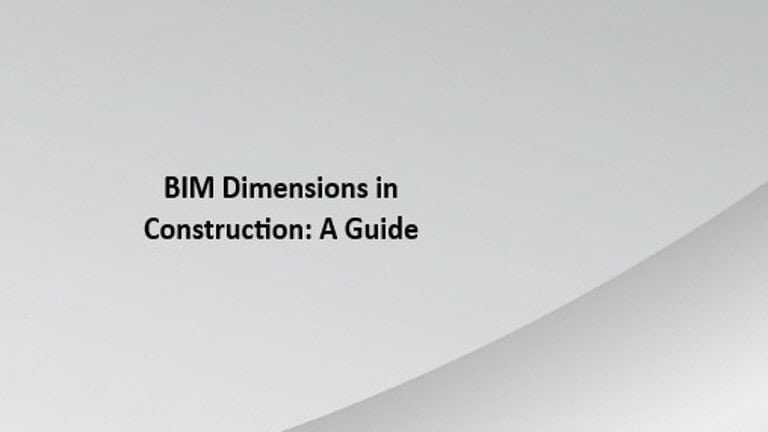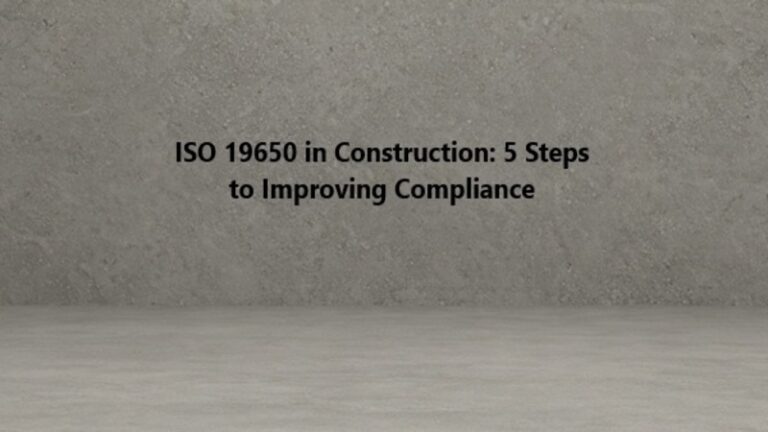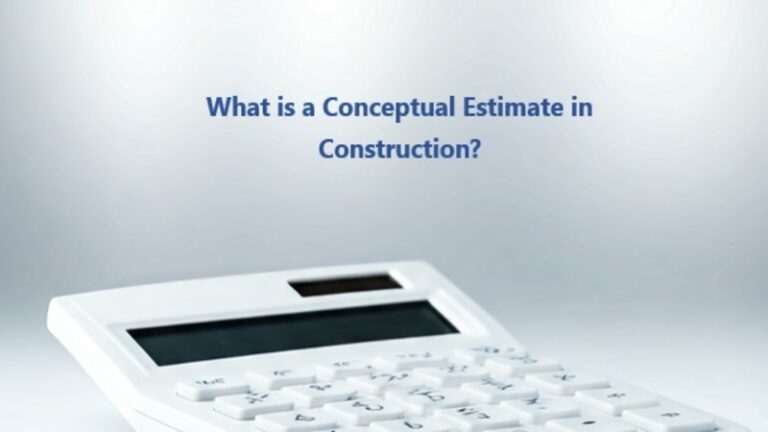The construction industry has traditionally been characterized by complex processes, numerous stakeholders, and significant financial stakes. Procurement in construction, a critical function encompassing the acquisition of materials, services, and equipment, has often been fraught with inefficiencies and challenges. However, the advent of Artificial Intelligence (AI) is poised to transform construction procurement, introducing innovations that promise to enhance efficiency, accuracy, and strategic decision-making.
Understanding AI in Construction Procurement
AI refers to the simulation of human intelligence in machines programmed to think and learn. In the context of construction procurement, AI involves leveraging advanced algorithms, machine learning, and data analytics to optimize various procurement processes. Here’s how AI is making its mark in construction procurement:
1. Streamlined Supplier Selection
AI can significantly enhance the supplier selection process. Traditional methods often involve manual review of supplier credentials, past performance, and bids, which can be time-consuming and prone to errors. AI-powered systems can analyze vast amounts of data to evaluate suppliers more efficiently. Machine learning algorithms can assess historical data on supplier performance, delivery times, and compliance with contractual terms, helping procurement teams identify the most reliable and cost-effective suppliers.
2. Predictive Analytics for Demand Forecasting
Accurate demand forecasting is crucial in construction procurement to ensure that materials and services are available when needed. AI-driven predictive analytics such as those offered by ConWize’s construction procurement software can analyze historical data, market trends, and project specifications to forecast future demand more accurately. This enables procurement teams to make better purchasing decisions, reduce excess inventory, and mitigate the risk of shortages.
Learn more about digital transformation in the construction industry.
Sign up to ConWize for free today.
3. Enhanced Bid Evaluation
The bid evaluation process in construction procurement often involves sifting through numerous proposals, which can be labor-intensive and subjective. AI can streamline this process by automatically evaluating bids based on predefined criteria such as cost, compliance, and supplier performance. Natural language processing (NLP) algorithms can analyze bid documents to extract relevant information and provide a comprehensive assessment, allowing procurement teams to make informed decisions more quickly.
4. Automating Routine Tasks
Routine tasks such as generating purchase orders, tracking deliveries, and managing invoices can consume a significant amount of time. AI can automate these processes, reducing the need for manual intervention and minimizing the risk of human error. Automation not only speeds up procurement cycles but also frees up procurement professionals to focus on more strategic activities.
5. Risk Management and Mitigation
Construction projects are inherently risky, with potential issues ranging from supplier defaults to project delays. AI can enhance risk management by analyzing data from various sources to identify potential risks early. Machine learning models can detect patterns and anomalies that may indicate future problems, allowing procurement teams to implement mitigation strategies proactively.
6. Improved Contract Management
Contract management is a critical aspect of construction procurement, often involving complex terms and conditions. AI can assist in managing contracts by automating the review and analysis of contractual documents. AI-powered tools can identify potential issues, track compliance, and ensure that all parties adhere to the agreed terms, reducing the likelihood of disputes and ensuring smoother project execution.
7. Enhanced Data-Driven Decision Making
AI’s ability to analyze large volumes of data provides valuable insights that can inform procurement strategies. By leveraging AI, procurement teams can gain a deeper understanding of spending patterns, supplier performance, and market trends. This data-driven approach allows for more strategic decision-making, enabling organizations to optimize their procurement processes and achieve better outcomes.
8. Facilitating Collaboration and Communication
Effective collaboration and communication among stakeholders are essential for successful construction procurement. AI-powered platforms can facilitate this by providing a centralized hub for information sharing and collaboration. These platforms can offer real-time updates, track project progress, and ensure that all stakeholders are aligned, improving overall project coordination.
Challenges and Considerations
While AI offers numerous benefits for construction procurement, its implementation also presents challenges. Integrating AI into existing systems requires significant investment and change management. Additionally, ensuring data quality and security is crucial for the success of AI initiatives. Organizations must also address potential concerns about the impact of AI on employment and ensure that AI tools are used to complement human expertise rather than replace it.
AI is revolutionizing construction procurement by enhancing efficiency, accuracy, and strategic decision-making. From streamlining supplier selection and automating routine tasks to improving risk management and facilitating collaboration, AI offers a wealth of opportunities to transform the procurement landscape. As the technology continues to evolve, construction organizations that embrace AI will be well-positioned to navigate the complexities of procurement and achieve greater success in their projects.
















